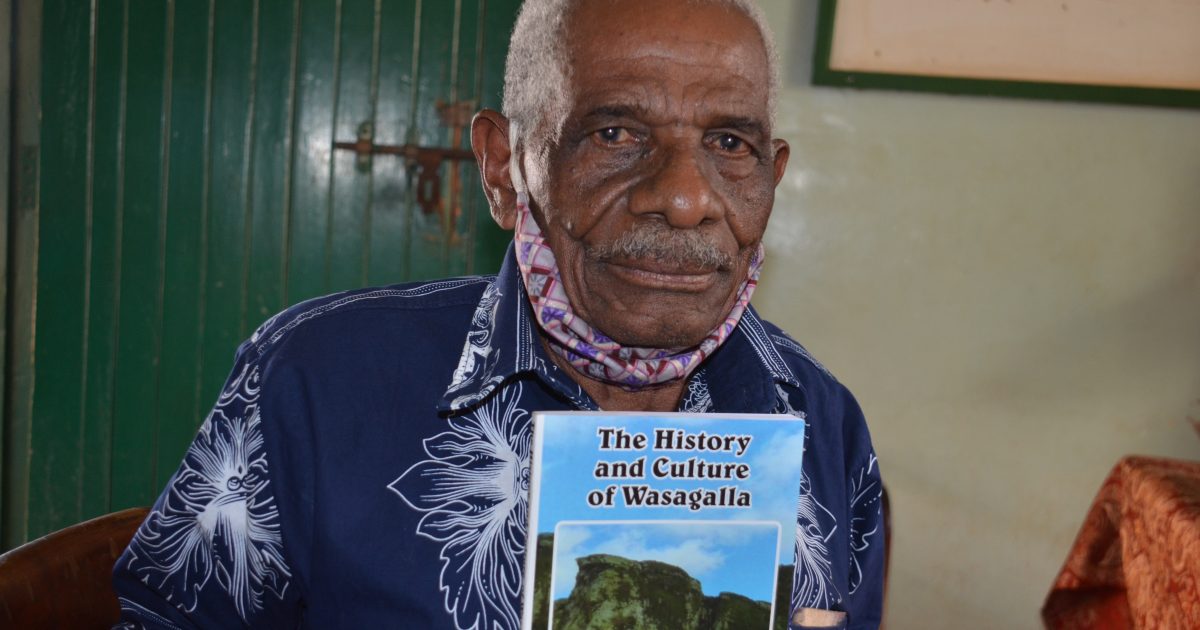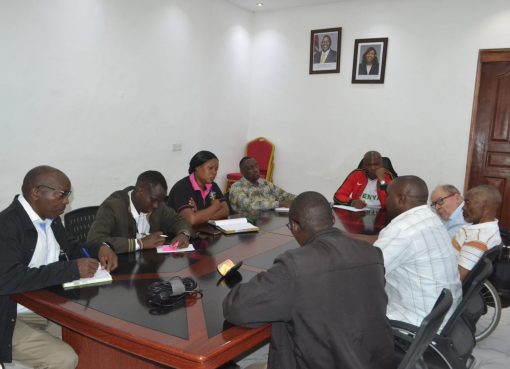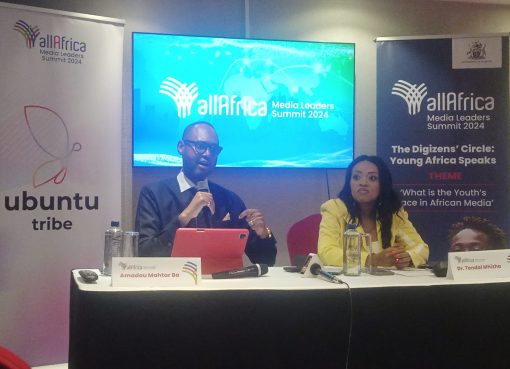In retirement, several options are open for people who suddenly find themselves with a lot of time on their hands. Some people might decide to travel and see the parts of the worlds they have never been to. Others might decide to lead a cloistered life and spend time in a rocking chair and watching sunset from the comfort of their compounds.
At 84 years, Mzee Hobson Kidegho has opted to take the less beaten path. In his old age, he has become an author.
The former teacher has authored a book documenting the cultural origins and other traditional practices of Wasagalla, one the sub-tribes of Taita community.
Mzee Kidegho, who retired in 1992, penned ‘The History and Culture of Wasagalla’ as part of his contribution towards the conservation and preservation of the endangered cultural practices of the Wasagalla community.
Speaking to KNA on Monday, the octogenarian who comes from Sagalla village in Voi sub-county says he was compelled to write the book to counter a strong modernization wave that was pushing traditions that were once held sacrosanct to the community to the periphery of the society.
“There are many things that are being forgotten about the Wasagalla. I decided to write the book to immortalize our culture in words and paper,” he said.
He says that though the book was published in 2020, it took him over 25 years to collect all the information he needed in a bid to make the book an authoritative reference for historians interested in learning about the community.
In the course of his research, he traversed the four sub-counties of Voi, Mwatate, Wundanyi and Taveta in search of elders, traditional medicine men and healers to add insights and enrich his research findings.
“I had to do a lot of cross-referencing of material and information from different elders because most of their recollections are drawn from memories. This helped me eliminate the potential inaccuracies from the final draft,” he explained.
The 120-pages book captures various aspects of the Wasagalla community including meaning of names, types of seasons, myths, traditional healing processes, rainmaking and punishment for wrong doers. Other traditional practices include rituals like marriages and deaths in the community.
Mr Alex Ndatha, a trader, said the book, which is retailing at Sh 500 per copy, contained a rich history of the Sagalla community and needed to be taught as part of the communities’ past.
He added that the lessons in the books could be used to fight some of the vices confronting the modern society. He cited the rampant cases of Gender-Based Violence which were heavily punished by the elders in Wasagalla traditions.
“The elders were very strict about Gender-Based Violence. We can draw lessons from their teachings,” he said.
By Wagema Mwangi





